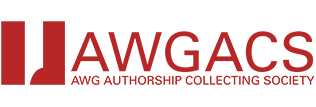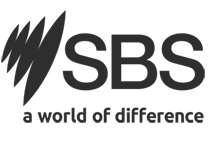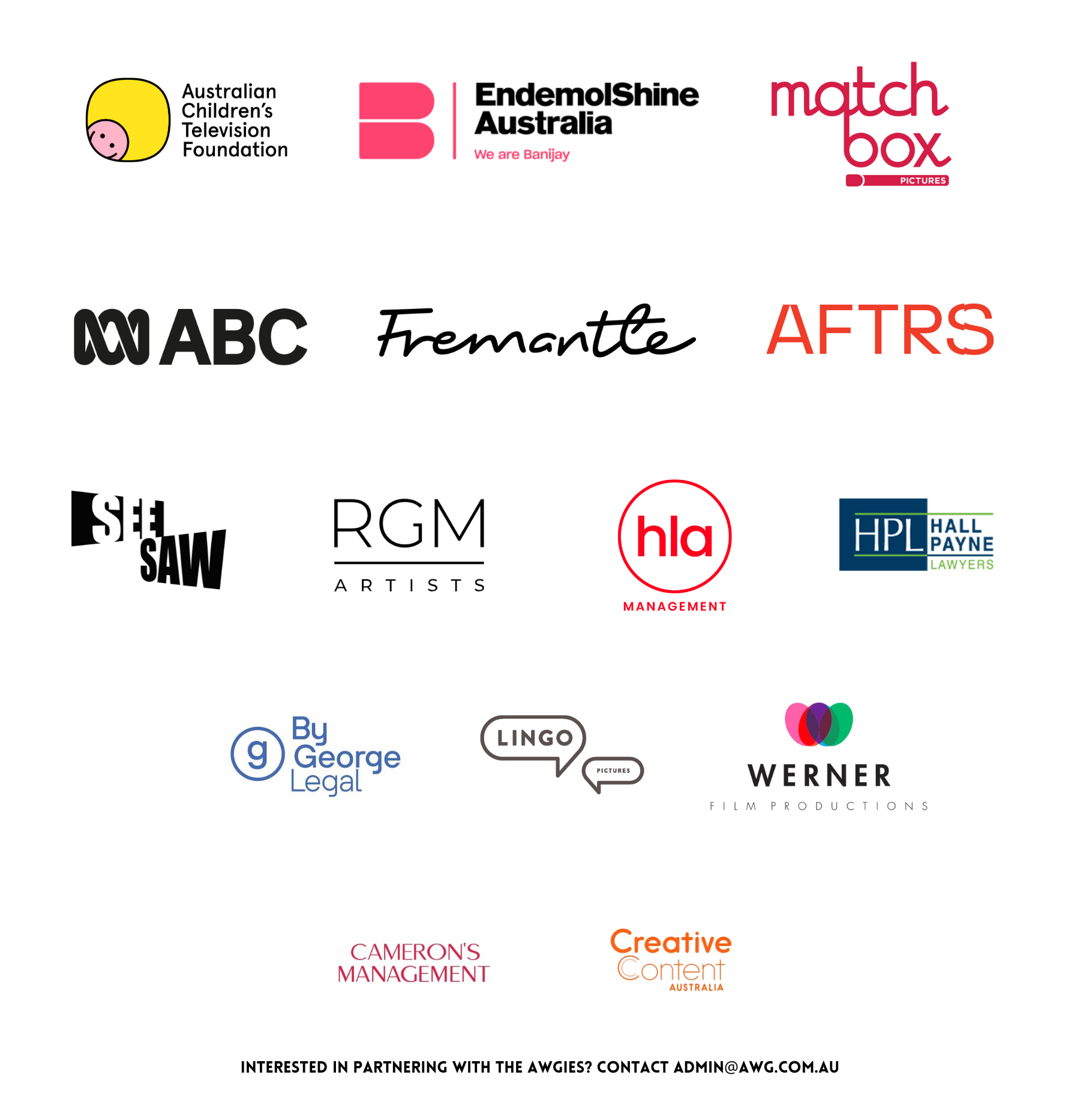About Us
The Australian Writers’ Guild is the professional association representing writers for stage, screen, audio and interactive and has protected and promoted their creative and professional interests for more than 60 years.
The Guild’s vision is to see performance writing and performance writers thrive as a dynamic and integral part of Australian storytelling, shaping, reflecting and enhancing the Australian cultural voice in all its diversity.
The AWG’s purpose is to promote the role and recognition of – and rewards for – performance writing in Australian society and culture; to pursue a thriving industry environment; to protect and advance rights and opportunities and to promote excellence and improve professional standards, conditions and remuneration.
What we do
The Australian Writers’ Guild is the professional association for Australian performance writers principally in film, television, theatre, audio and interactive.
We fight to improve professional standards, conditions and remuneration for Australian screen, stage, audio and interactive writers; to protect and advance the rights of our members and to promote the Australian cultural voice in all its diversity. The Guild boasts many domestic successes over our history and we continue to work to ensure Australian writers are given the support they need to succeed in the global marketplace. By supporting Australian writers we strengthen the industry as a whole and are proud of our role in assisting many major productions to be made in Australia.
How we operate
Established by writers for writers, the AWG is a democratic organisation run by its members, who each year elect a National Executive Council and State Branch Committees. Our members work together to represent their fellow writers across the industry.
Our members
The AWG has several membership levels for performance writers. Full members are performance writers who have produced work and are entitled to the full range of services provided by the AWG. Emerging writers without the required amount of produced work can apply for Associate membership of the Guild and can make use of a number of our services and networking opportunities and apply for the many initiatives we run throughout the year. We also have student membership for full time students.
The highest level of membership in the Australian Writers’ Guild is Life Membership. Our Life Members are well-respected pioneers of the industry, many of whom are founding members of the AWG.
Our supporters
The AWG receives assistance from Scripted Ink., Screen NSW, ScreenWest, South Australian Film Corporation and VicScreen for ongoing programs and from Media Super, Screenrights, AWGACS, SBS, Netflix, NIDA, Endemol Shine, ACTF, ABC, Fremantle, Matchbox Pictures, AFTRS, See Saw, RGM Artists, HLA Management, Hall Payne Lawyers, By George Legal, Lingo Pictures, Werner Film Productions, Cameron's Management and Creative Content Australia for the Annual AWGIE Awards.
A History of the Australian Writers’ Guild
The Australian Writers’ Guild was founded in March 1962 when a group of 17 radio writers met at the Australia Hotel in Sydney and decided to form a guild to represent their professional interests.
It was a time of great uncertainty for drama writers. Work conditions were at their worst: low fees, no residuals, bad contracts and poor professional status. Much of this was a direct result of the decline of radio, the advent of television and the resulting mass importation of English and American programs. Little work was being offered to local writers, most of whom were unfamiliar with the new medium. The future looked grim.
Against this background, the Australian Radio, Television and Screenwriters’ Guild was established as a collective body of writers fighting for basic professional rights. An interim committee was formed with Don Houghton, Richard Lane, Ric Aspinall, Kay Keaveney and Lyle Martin. A constitution was formulated, and the first official General Meeting was held on 2 May 1962, during which Don Houghton was elected as the founding President. The original title of the organisation was later modified to the Australian Writers’ Guild (AWG).
The original annual fee was $12 and as there were no other sources of funding, additional revenue was raised through social functions held at the Ensemble Theatre. These were also an important way of bringing writers together. Other initiatives included the introduction of Associate members in 1963, with the Guild’s second President, James Workman, holding fund-raising craft workshops for Associates.
In late 1962 the Guild registered as a Trade Union in NSW. This coincided with the affiliation of a Victorian Chapter that had been set up by Alan Hopgood and John Abbott. Registration was seen as vitally important because it provided recognition and support from other Trade Unions within the industry, notably Actors’ Equity and the Musicians’ Union.
The Guild’s first industrial challenge was in 1963 over fees and residuals. Ironically, it was a dispute with the only commercial television station producing drama at that time. In 1957 ATN-7 in Sydney produced Australia’s first television serial, Autumn Affair (writer: Richard Lane). The dispute was over the series Jonah (writer: Eleanor Witcombe). ATN-7 was only offering $110 per script for all rights in perpetuity. The Guild considered this unacceptable and instructed members not to write for the program. With one exception, members stood firm.
The result was the first formal signing of an agreement between the AWG and television management. The fee was doubled and a limit was placed on the ownership of the rights. More importantly, it also signalled that the Guild was officially recognised by management as a bargaining power.
In 1964 Richard Lane became the Guild’s third President. That same year the writing community experienced a major setback when radio serials were axed on all commercial stations. The AWG campaigned vigorously against this, but failed to reinstate commercial radio drama. The demise of radio serials saw the loss of the main source of Guild members’ incomes.
It was this action that sparked the beginning of the Guild’s ongoing lobbying to establish minimum quotas for Australian content in television drama and the start of negotiations with the ABC to establish minimum fees and conditions for radio and television writers.
The year also saw the Guild affiliating with the newly formed International Writers’ Guild (IWG) and becoming part of a worldwide organisation of writers. This was taken one step further in 1966 when James Workman signed bi-lateral treaties with the British and American Writers’ Guilds.
Work conditions in 1964 were dire. Although drama series comprised around 70% of commercial television programing, nearly all of it was imported from Britain and the USA at a fraction of their original production cost. In fact, only around 7% of total television drama was Australian and the only locally produced drama was Crawford Productions’ Homicide.
In recognition of the plight of their Australian associates, the British Writers’ Guild asked their members to contribute a percentage of their Australian royalties to the AWG for a local content fighting fund. They also joined forces with the International Writers’ Guild to threaten to impose a blacklist on Australian production companies using non-Australian writers to write offshore scripts for Australian programs (although this was later strongly opposed by expatriate Australian writers living in Britain).
This support helped the Guild lobby ATN-7 over their refusal to use local writers for Riptide, a locally produced series made largely with British finance. The Guild demanded 50% of the Riptide scripts to be written by Australian writers. Although this campaign did not succeed, it nevertheless established a precedent for the principle of using Australian writers for locally produced series.
Guild President James Workman also received valuable support from the American and British Writers’ Guild Presidents, James Webb and Sir Ted Willis in directly lobbying industry and Government over local content quotas. As a consequence, in 1968 the Australian Broadcasting Control Board (ABCB) decreed that a small but definite quota of local drama (12-18 hours per month) should be shown on commercial television stations during prime time. Although much lower than the 25% quota suggested by the Guild, it was still double the amount of local drama that was being produced.
In 1967 the first AWGIE Awards dinner was held at the Wentworth Hotel in Sydney as a showcase for outstanding achievements in performance writing. The guests of honor included Prime Minister John Gorton and the ABC Chairman, Sir Robert Madgwick. Only 35 of the 250 guests were, in fact, AWG members.
That same year the Guild negotiated an agreement with Actors’ Equity to form a Guild Shop, one of the aims being to prevent non-AWG members from having work performed. The other aim was to form a united front in negotiations with the ABC for minimum rates and work conditions.
At that time, the ABC’s fees for scripts were much lower than the commercial networks. Also, the ABC refused to sign any Guild agreements on the basis that “to enter into a special relationship with any single group would seem to give disproportionate favour to that group over others.” As a result, the Guild joined forces with the Council of the Society of Authors and Actors’ Equity to lobby the ABC as a united front.
The Guild also joined with fourteen other film industry guilds to lobby the Federal Government over the formation of an Australian Film Development Branch, later to become the Australian Film Commission.
By 1969 the Guild had drawn up and signed eight different contracts and agreements with individual networks and production companies as new programs were developed. Richard Lane consolidated these contracts into a standard Industry-wide Agreement, based on British agreements. Initially, there was considerable support within the industry, but later stonewalling by The Federation of Commercial TV Stations (FACTS) over the issue of residuals stalled further negotiations, particularly with the ABC. It wasn’t until the early 70s that the ABC finally signed the Guild’s standard contract.
Richard Lane and James Workman alternated as Presidents until early 1969. They were followed by John Faassen and Stuart Glover until 1970 when Lance Peters took the helm and the Guild began a new decade of political and industrial activity.
By then the Guild had more than doubled its membership and moved from Pitt Street to new offices in Paddington, Sydney. Writers in WA had set up a local branch of the Guild and the Victorian chapter was negotiating with Crawford Productions over staff-writer conditions and pay.
The Guild had also begun offering a range of craft services to its members. A lending library of professional scripts was set up, along with a registration service to safeguard copyright. The Guild also began employing legal advisers to offer advice to members on issues such as contract negotiation.
In early 1970 the Victorian chapter, which comprised around one-third of the Guild’s membership, started lobbying the Sydney head office for greater autonomy. They were concerned that the Guild’s legal status as a NSW union, which only allowed for sub-branches in other States, didn’t allow members in other States sufficient input into the organisation’s decision making processes. Some Victorian members began agitating to split away and form a separate guild. It was suggested that the Guild’s constitution should be revised and restructured to allow the Guild to register as a Federal union with fully operative State branches. Federation was also seen as a way of increasing the Guild’s scope and power. As a consequence, a decision was made to hold an annual Federal Conference of all members.
At the same time the Guild began protesting to ATN-7 over the broadcasting of repeats of the ABC series Contrabandits as a means of fulfilling its drama content quota. Extensive lobbying of the ABC and politicians followed, eventually culminating in Guild President Lance Peters lobbying other industry guilds and white collar unions to launch the highly successful “Make it Australian” campaign.
In late 1970, as a result of much high-profile lobbying of politicians, the Australian Broadcasting Control Board (ABCB) raised the local content quota requirements. Fifty per cent of all programs were to be Australian, with a minimum of six hours of first release Australian drama per month to be shown between 6 and 10pm. A system of credit loadings was also introduced to force networks to produce first-release drama and to ensure repeats could not be used to fulfil the quota.
This marked the beginning of the Guild’s involvement in wider political and industrial issues such as moral rights and copyright protection, censorship, taxation and broadcasting legislation.
It also saw the Guild deliberately adopting a pro-Labor political stance. This was largely in response to the Liberal/NCP coalition’s refusal to support local content quotas, ratify the Berne Copyright Convention and offer tariff protection to the arts and entertainment industries.
The Guild’s tenth birthday in 1972 saw its affiliations broadened to include the Australian Film Commission (AFC), ACSPA, the Playwrights’ Conference, the “Make it Australian” Committee, the Children’s Film Council, the ASA, and the Copyright Council.
It was a hectic year of political activity. In the space of four months the Guild mediated in seven disputes, negotiated a Feature Film Agreement and Documentary Agreement with nine production houses and began developing guidelines and policies for writers for the stage culminating in the first standard Playwright’s Agreement. Joan Long submitted a 21-page report to the Tariff Enquiry and wrote a 53-page submission to a Senate inquiry on the arts.
Guild President Lance Peters lobbied the Guild’s IWG affiliates over the issue of co-productions and successfully negotiated an agreement to institute an international blacklist against producers who refused to employ local writers. It was the first time the Guild was represented on the IWG Executive Committee and it also marked the beginning of a long and frequently vitriolic campaign by the Guild to introduce measures protecting the rights of local writers working on co-productions.
The Guild also began negotiating a new ABC Agreement and a Television Series Agreement. There were campaigns to lobby against media ownership monopolies and declining television production standards, as well as for an increase in local content quotas to 75% of all programs, with a greater delineation of program categories. The Guild initiated a push to force local cinemas to guarantee that at least 3% of the films they screened were Australian.
Despite its successful public profile, the Guild was suffering major internal problems from declining revenue and continuing agitation from Victorian members over the Guild’s constitution. In 1972 Lance Peters stood down and Joan Long became the Guild’s first female President. The composition of the National Executive was also amended to allow the election of a Victorian Vice President.
In 1973 it was decided to impose an emergency levy to pay for an Executive Officer and index the annual fee to a percentage of member incomes. Joan Long resigned later that year due to ill health and Tony Morphett took over as Acting President. The following year, the Guild raised member fees and began employing an Executive Officer. It amended the National Executive Committee (NEC) to include three Victorian delegates: Lyn Bayonis, Cliff Green and Howard Griffiths. It also started forming sub-committees to deal with different industrial issues and began working on a proposal to register the AWG as a full industrial union.
In late 1973 the Guild joined the Film Action Committee chaired by Tom Jeffrey. One of the committee’s first actions was to organise a demonstration against visiting US film industry trouble-shooter, Jack Valenti. It was the first time there had been an open demonstration in support of the film and television industry and it received much publicity and media attention.
Industrial action continued through 1974. The Guild successfully blocked visas for four US writers who were being imported to work on a Crawford Productions’ show, as well as blocking Government funding for a theatrical production of Voss on the basis that it would employ a British writer and US director. The Guild negotiated a Serials Agreement with Reg Grundy Productions that excluded non-members from being employed. Work began on amending the Industry Wide Agreement to include clauses regarding residuals, largely a response to a secret agreement that was being formed between FACTS and the Film Producers’ Organisation to boycott producers who agreed to pay residuals to writers.
However, by 1975 the outlook had turned grim again. The Guild’s Industry-Wide Agreement was rejected by all the major producers, who were reluctant to negotiate with the Guild on an individual basis. Residuals were also a major sticking point. There was widespread industry unemployment and although film production was up, television production was at an all time low, despite the Government amending local content quotas to 75%. Production companies were stock-piling episodes of long-running series such as Division 4 and Homicide to satisfy local content requirements for the following two years. This grim scenario was to continue unchanged for several years.
By 1979 the industry outlook was dire. Production companies were stalling over the Industry-Wide Agreement, so Roger Simpson was appointed as Interim Industrial Officer. He headed an industrial sub-committee whose primary task was to bring recalcitrant production companies to the bargaining table. The industrial sub-committee also started re-examining the Guild’s affiliation with the NSW Trades and Labor Council.
That same year, negotiations began with the Australian Film Commission (AFC – formerly the AFDC) to produce a Standard Film Contract. The Guild also protested to the AFC over the treatment of writers in co-productions. This was part of a wider problem for the Guild, stemming from an IWG vote to abolish Australian Privilege and instead invoke a clause in the Affiliation Agreement allowing free movement of writers between countries. Local writers were in danger of being passed over in favour of overseas imports and it was only through strenuous lobbying by David Williamson, John Dingwall, Hugh Stuckey and John Martin that this was curtailed.
The Guild was also experiencing major problems with the ABC. Reg Grundy Productions had agreed to sign a Limited Programme Contract and Crawford Productions signed a General Programme Agreement. Both involved a new fee structure. But the ABC was proving very difficult, to the point where the Guild solicited support from the ASA and Copyright Council over possible action.
Similarly, a strike was nearly called over Channel 10 holding a competition for scripts for a new series, Arcade, and offering inappropriate contracts to selected writers.
In late 1979 David Williamson became President and Ted Roberts set up a script assessment service for new writers. A specialist Stage Sub-Committee was convened whose main goals were to secure a minimum royalty, to guarantee the author’s right to attend rehearsals and to secure a non-returnable advance against royalties in accordance with minimum amounts. The first committee included playwrights Ron Blair as chair, Dorothy Hewett, Alex Buzo and Peter Kenna.
In late 1979 the South Australian Branch of the Guild registered as a legal entity, and began agitating over industrial issues. In 1980 this culminated in the longest and most successful strike in Guild history. Channel 9 paid Here’s Humphrey writers $60 for a one-hour script and refused to negotiate with the Guild on the basis that the number of members working for the program were too small to be an effective fighting force. An aggressive recruitment campaign doubled the membership so that all the major Here’s Humphrey writers were Guild members. They drew up a list of demands that included the raising of the fee to $250 per script, with residuals for repeats and overseas sales as well as proper contracts to be signed. Also, writers were to be limited to Guild members only. Management refused the demands, so a strike was called in November. Actors’ Equity pledged support and the strike continued for six months until March 1981, ending when all the Guild’s demands were accepted, except for the requirement that employment be limited to Guild members only.
Further industrial action in 1980 involved the Guild and major trade unions forming joint opposition to proposed legislation to deregulate television stations. The Guild ratified the first worldwide writers’ strike against US producers, which was the result of an IWG resolution that if any member calls a strike, all other affiliate guilds must support it.
The Guild held its first National Guild Conference in1981 to debate a new constitution and National and State structures. A key issue was its status as a national legal entity with trade union principles. A new National Executive Committee was set up with representatives from all States, with general policy run by a Sydney-based Management Committee comprising State representatives. New membership categories were established for full members (professional writers for radio, TV, theatre and film), script editors, students and honorary membership for non-writer Guild supporters. A fighting fund was also set up from moneys recovered from producers on behalf of members and preliminary discussions started for setting up a writer superannuation scheme.
In September the Victorian Chapter hosted the IWG Conference and International Copyright Symposium. Major achievements during the conference included the finalisation of a Stage Agreement (a result of a threat to blacklist recalcitrant theatre companies), the finalisation of revised Feature Film and Documentary Agreements and the ratification of a new Guild constitution.
In 1983 the Guild was incorporated as a company limited by guarantee. Among other things, this allowed automatic arbitration under the ARB Act. It also gave the Guild limited agency rights on a collective bargaining basis.
Negotiations commenced in 1984 for a Series & Serials Agreement while a Mini-Series Agreement was drafted by the Guild’s legal officer, Rick Raftos. The following year work also began on the Telemovie Agreement. In November the Guild held its first annual Craft Weekend in Katoomba.
In 1985 Roger Simpson and John Dingwall challenged the AFC over its 10BA funding reform. Simpson and Dingwall’s Film First proposal opposed the concept of the licensing of brokers and merchant banks to control film funding. Film First met with strong resistance within the AFC and caused considerable division with the Guild among writers who felt that the Guild was too preoccupied with broad political interests at the expense of core writer issues.
Cuts in film funding tax concessions remained a major preoccupation of the AWG throughout 1987. The Guild lobbied for increases in Government support for the local film and television industries through the establishment of the Film Finance Corporation, the retention of tax incentives and increases in local content quotas. The Guild also signed a co-production accord with other unions and the AFC, negotiating for 66% of scripts (or five out of seven productions per year) to be written by Australian writers.
By 1988 residuals had become a major sticking point, with the Guild campaigning to renegotiate low residual fees in their major agreements and contracts. Guild President Geoffrey Atherden and Executive Officer Angela Wales began to renegotiate the co-production accord with the AFC, which had proved to be incompatible with co-production treaties that were being signed between Australia and other countries.
By the AWG’s 30th birthday celebrations in 1992, the Guild stood as an undisputed force within the film, television, radio and theatre industries. It had around 850 full members and 850 associates throughout Australia, a full-time Executive Officer and a staffed office in Sydney, a part-time office in Melbourne, and chapters in Queensland, South Australia, Western Australia and the Northern Territory.
In 1996 the Guild negotiated the first collective agreement for the theatre industry. The Theatre Industry Agreement (TIA) comprises minimum rates and conditions for commissioning and licensing agreements. The TIA also has the writer’s share of box office receipts at 10%, one of the highest rates achieved internationally.
The Theatre Industry Handbook contains a number of model agreements and recommended rates of pay for specialised areas of theatre such as community, theatre in education and “in residence” playwrights.
A new Series & Serial Agreement was negotiated in 1998 with an increase in the Minimum Basic Use Fee (MBUF) of 22% over three-and-a-half years.
In 1999, in an effort to build a stronger industrial emphasis, the Guild conducted a trade union training course on organising and building collective strength amongst performance writers. This course culminated in the formation of industrial sub-committees in various states equipped to handle negotiations with producers and develop strategies for building Guild membership.
Between 1997 and 1999 the Guild devoted a considerable amount of resources to the campaign to enshrine moral rights in Australian legislation. The Guild lobbied hard on ensuring that the legislation did not allow for a waiver of creators’ moral rights. These efforts culminated in the passing of the Copyright Amendment (Moral Rights) Act in December 2000.
With the assistance of ACCIRT, the industrial relations research centre at the University of Sydney, the Guild conducted a comprehensive survey of the demographics of its membership in 2000. The results of the survey have proved invaluable in mapping the future directions of the Guild.
2001 saw a comprehensive ballot of the Guild membership about its future directions. The result was a resounding confirmation of the Guild’s current direction and overwhelming support for plans to be registered as a trade union under the Workplace Relations Act 1996.
By the start of the new Millenium, the Guild had become recognised as an organisation whose members worked in a greatly expanded film and television industry. Guidelines and minimum rates were established for writers across the spectrum of feature film, documentary, television, radio and theatre and it has negotiated agreements with the Screen Producers’ Association of Australia (SPAA) and all major television production companies and broadcasters for television series and serials rates and residuals.
The AWG was born in an era of uncertainty, insecurity and excitement. It has played a significant role in the development of Australia’s film and television industries and its history is a story of an uncompromising determination to protect the rights of all writers for the screen, radio and theatre.
Gina Roncoli
AWG Full Member, copyright 2001
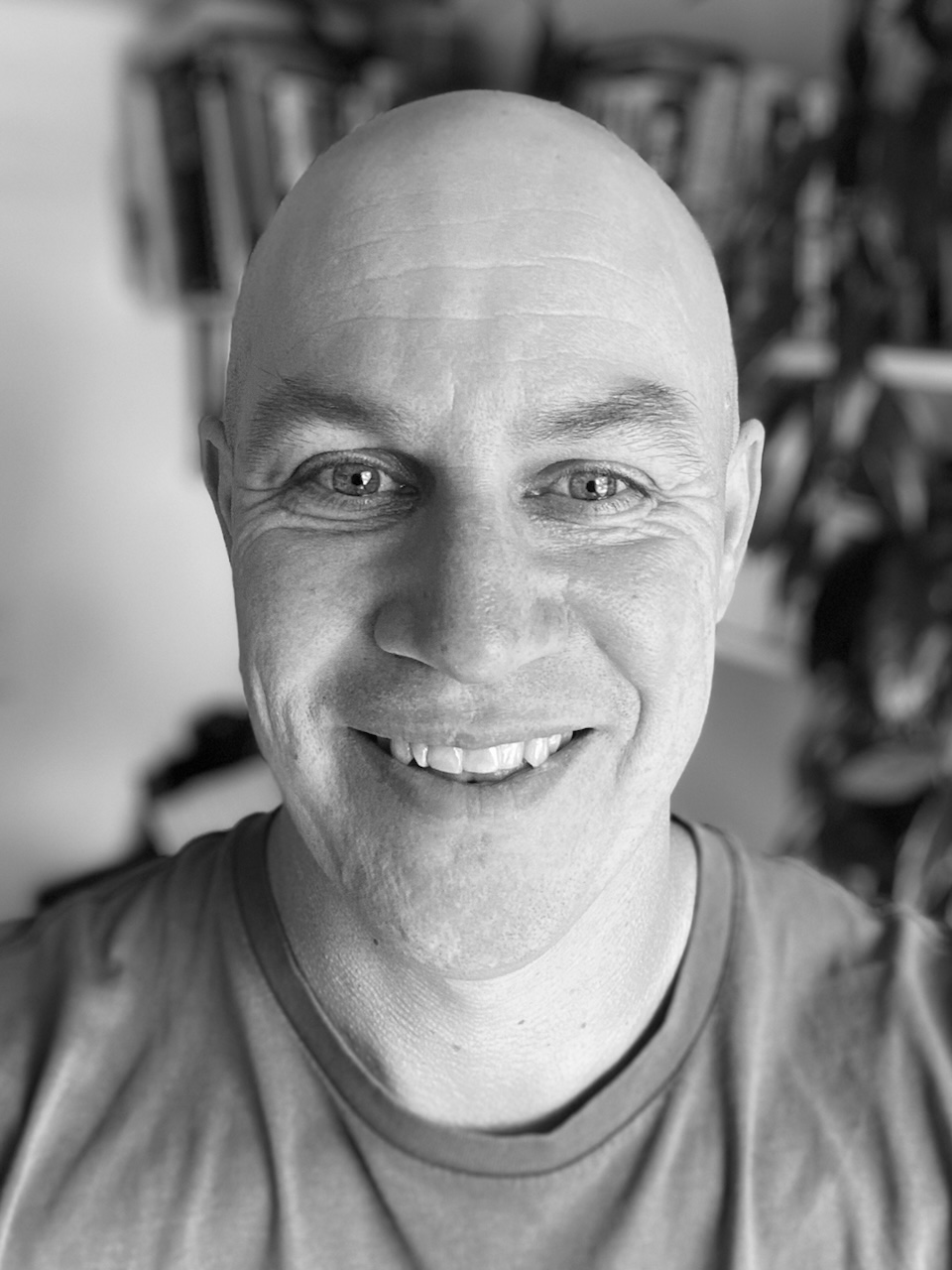
Peter Mattessi writes television across the UK and Australia. He is the co-creator and Executive Producer of Return to Paradise, an Australian spin-off of the global hit Death in Paradise, which will be broadcast on ABC and BBC One in 2024. He has recently written on an unannounced project for Amazon UK, and prior to that was Co-Executive Producer for Season 2 of Every Cloud Productions’ Ms Fisher’s Modern Murder Mysteries for Acorn and Seven. In the UK he has been on the EastEnders core writing team for over ten years, and in Australia worked on The Heights for the ABC and BBC One from the very early stages of development, as well as many years with Neighbours. He has original television and stage projects in development in Australia, the UK, and the US.
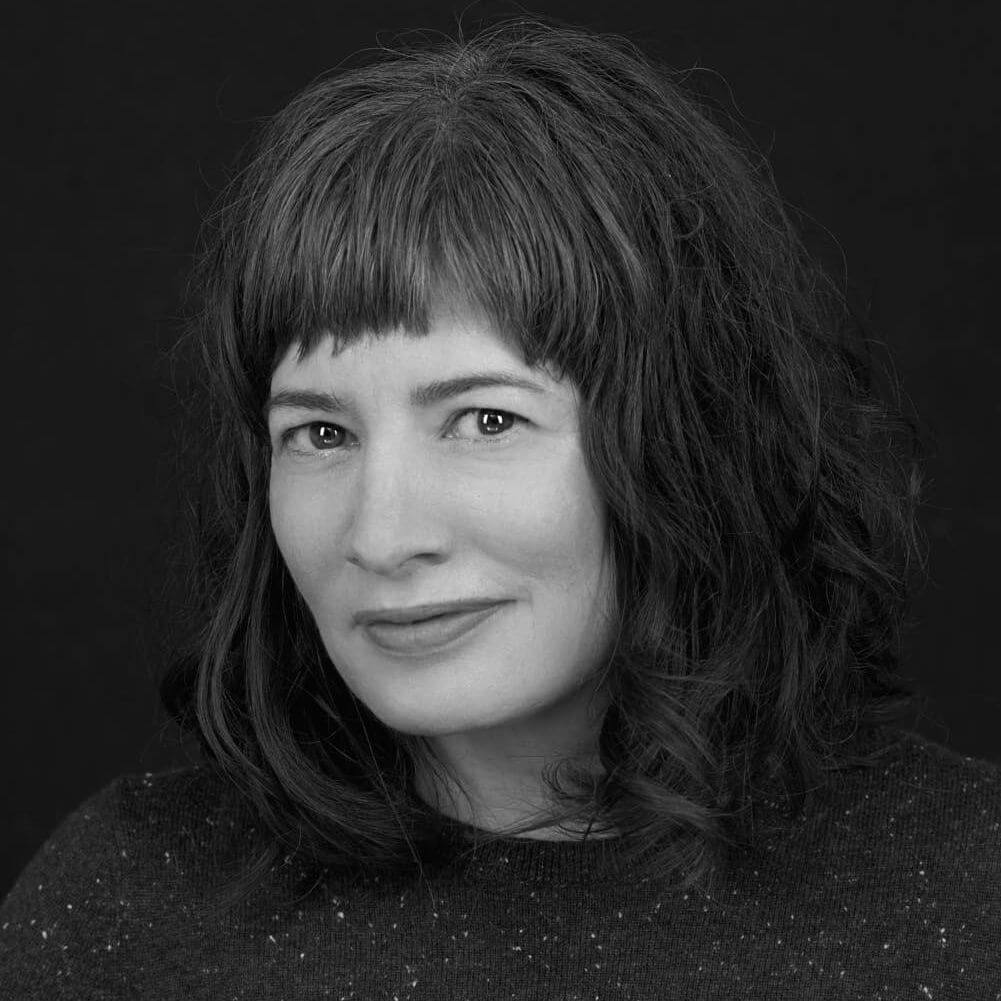
Shanti Gudgeon has written for Foxtel comedy/drama series SLiDE for Playmaker Media, Conspiracy 365 for Circa Films, Dance Academy for Werner Productions and ABC3, Trip for Biscuits for ABC3, and Nowhere Boys for Matchbox Pictures and ABC3. Nowhere Boys won the AACTA Award for Best Children’s Series and the LOGIE Award for Best Children’s Series, while Trip for Biscuits has been nominated for an SPA Award for Best Children’s Television Productions. Most recently, Shanti wrote for the second season of Wolf Creek. Shanti’s screenplay, Scratches + Cuts, was selected for Film Victoria’s New Feature Writers Scheme and it was also nominated for an IF Award for best unproduced feature screenplay. Her feature script, Under The Black Flag, was selected by the Producer’s Guild of America for their International Co-Production Showcase. Shanti in development on the feature All I Know of the Devil, supported through Screen Australia.
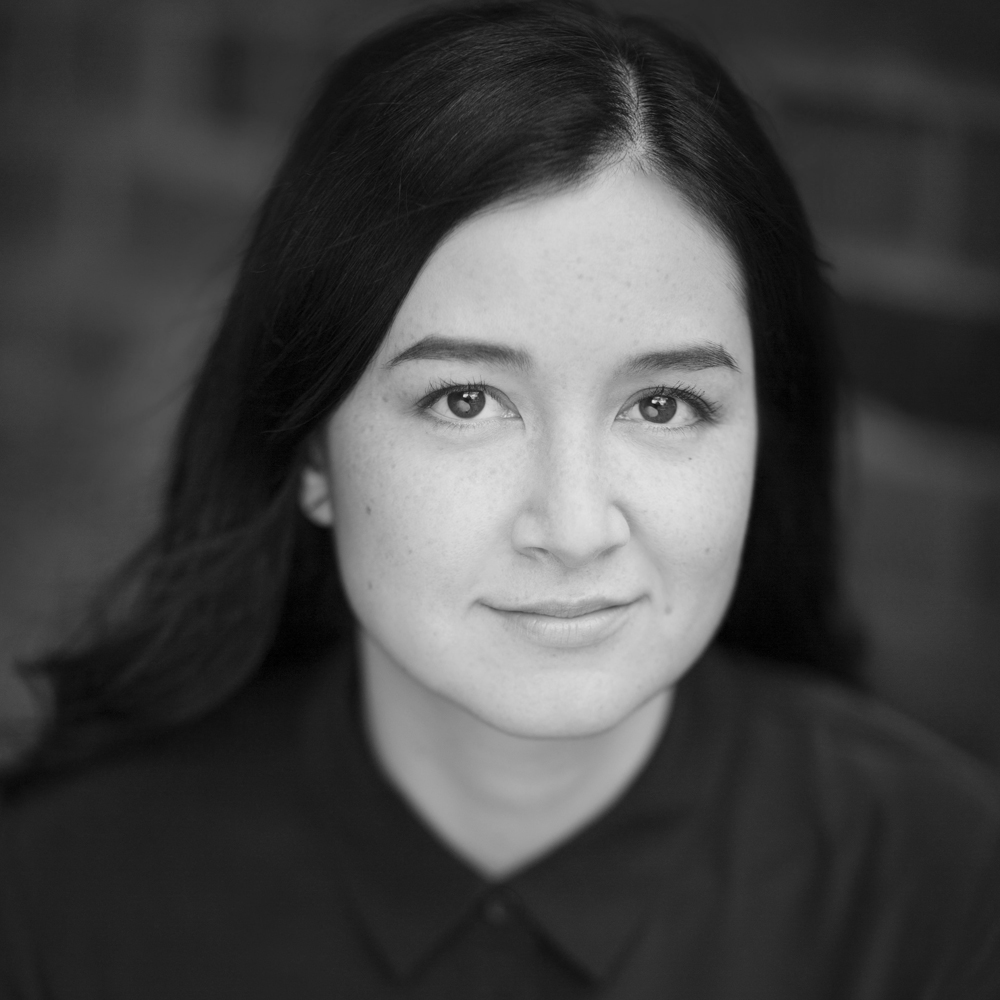
Niki Aken is a multi-award-winning writer working across comedy and drama. Niki has written on all three seasons of the popular and critically acclaimed ABC series The Newsreader, which won the 2021 AACTA for Best Drama Series. She co-wrote SBS’ The Hunting, which was the highest-rating commissioned drama in SBS history, and wrote an episode and served as script producer on both seasons of the critically acclaimed comedy-drama series Upright (Foxtel/Sky UK). Niki was a Co-EP and development Script Producer on the SBS anthology series Erotic Stories, which debuted at SXSW Sydney. Her other credits include ABC’s Significant Others, ANZAC Girls, which won an AWGIE for Best Adapted Miniseries, and also multiple series of both Janet King. For her work on Nine Network’s Underbelly, Niki and the writing team won two AWGIES for Best Adapted Miniseries.
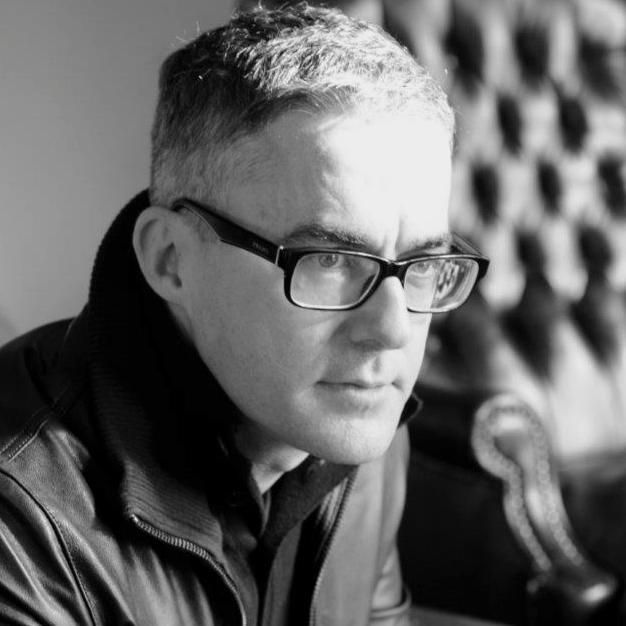
Shayne Armstrong is an award-winning Australian film and TV screenwriter specialising in horror, thriller and science-fiction. As one half of the Armstrong & Krause screenwriting partnership (with SP Krause), his credits include the feature films Acolytes and Bait 3D, telemovies Johnny Bravo Goes to Bollywood and Exchange Student Zero, and the children’s TV sci-fi series and Doctor Who spin-off K-9. Along with his writing partner, Shayne is a two-time winner of the AWG John Hinde Award For Excellence In Science-Fiction and their sci-fi short script Rarer Monsters won Best Short Film Script Award at the 2013 AWGIES. Shayne is a script consultant and a writer and creative consultant for Disney X-D (UK/Europe and US) and Cartoon Network (Asia-Pacific). He is also a lecturer and tutor of screenwriting at University of Queensland and the New York Film Academy (Gold Coast). He has a Master of Arts in Screenwriting from QUT, Brisbane.
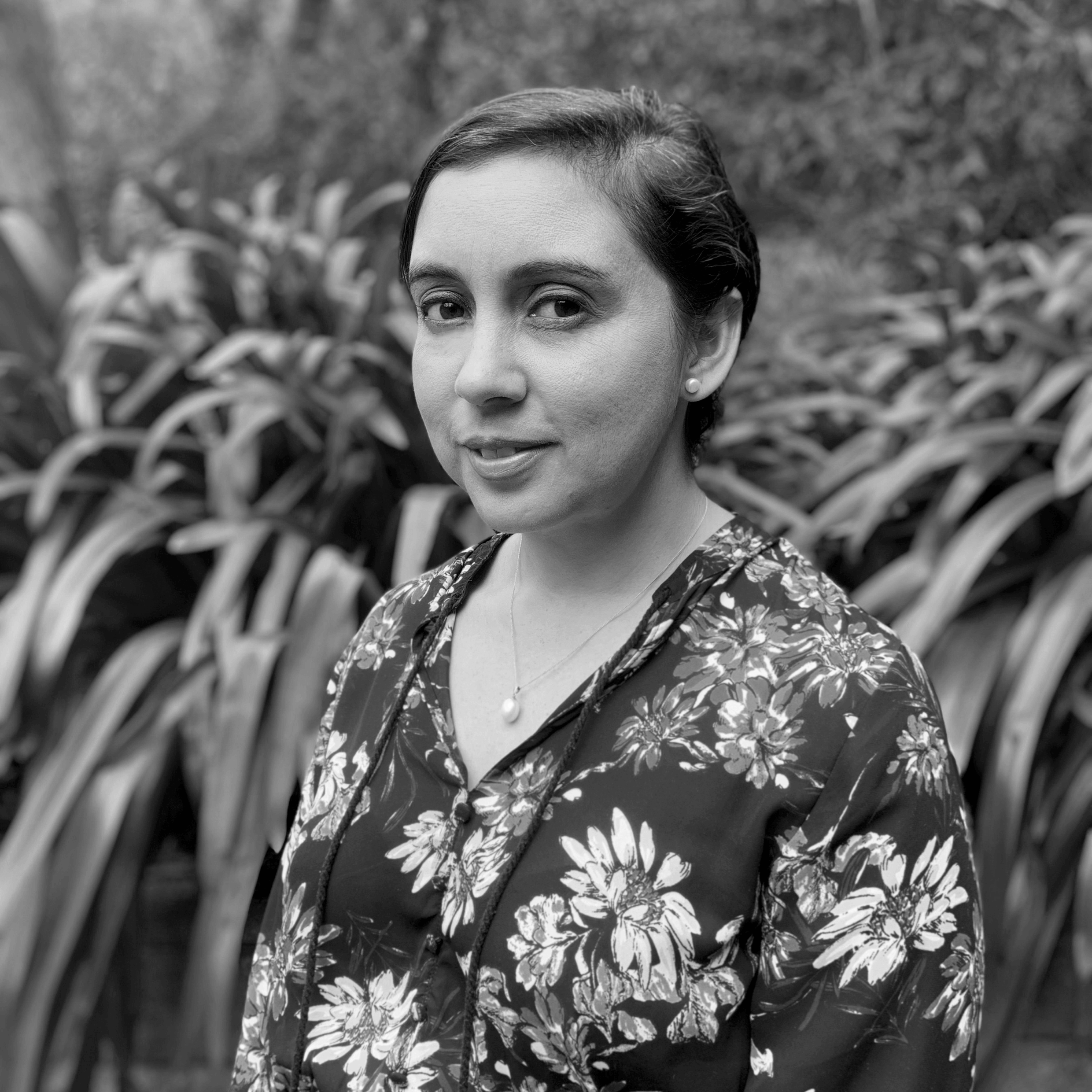
Kodie was born in Western Australia, with strong family ties to the East Kimberley. Working mostly in television, Kodie’s credits include Mystery Road (ABC), Squinters (ABC) and Grace Beside Me (NITV/ABC). She made her directorial debut with a short horror film, Scout. Kodie received the Balnaves Fellowship for 2019 to develop her own play with Belvoir Theatre, Cursed! which was staged for the Belvoir Theatre 2020 season. Most recently, Kodie co-wrote and script produced ABC Iview series All My Friends are Racist which was nominated for Best Short Form Comedy for the 2021 AACTA awards and she also script produced and wrote for Warwick Thornton’s vampire show Firebite for AMC+.
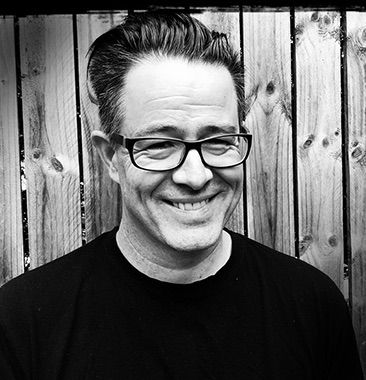
Sam Meikle is a highly experienced writer and creator with hundreds of hours of produced credits across a broad range of television dramas, comedies, animation and web series. He has worked extensively in development for many of Australia’s leading production houses, and written and interviewed for documentary works. His short films have screened at festivals around the world and he’s been engaged to develop multiple feature film projects. Sam holds a Masters in screenwriting from the AFTRS (2000), he’s a graduate of the NIDA Playwrights’ Studio (2000), he's been nominated for three AACTA Awards and 12 Australian Writers’ Guild Awards, winning four. Most recently, Sam was a writer, an Executive Producer and co-showrunner of Wakefield for the ABC, BBC Studios and Showtime, and a co-creator, head writer, and Executive Producer of MaveriX for the ABC and Netflix.
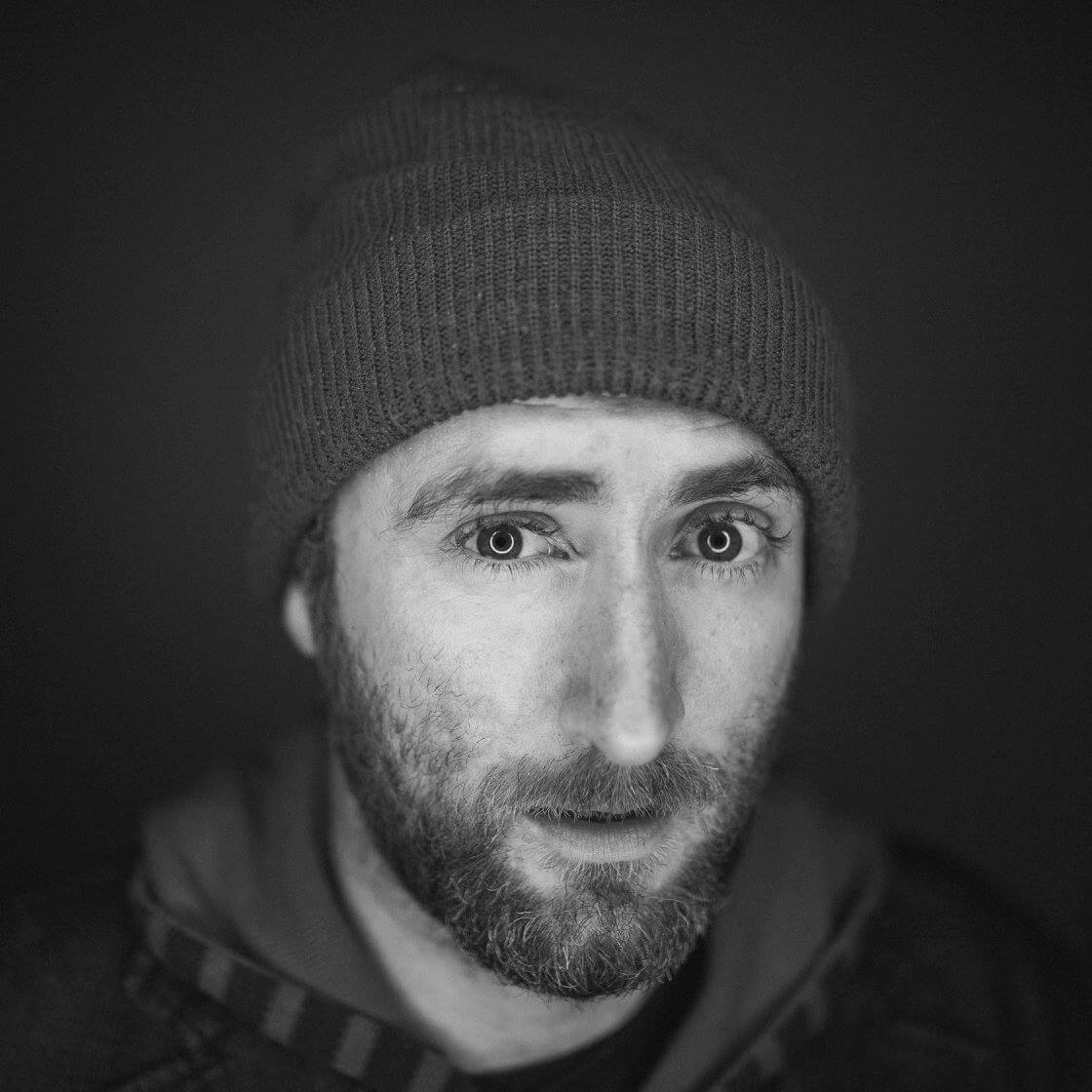
Aaron McCann is an Irish born, Australian raised, writer and director (and sometimes a 1st AD, and occasionally an actor) who is currently based in Western Australia. He rose to international success in 2012 with his short film Perished, which he co-wrote with Stefan Radanovich and premiered at SXSW, and his webseries and online shorts Henry & Aaron’s 7 Steps to Superstardom, It’s A Snap! and Set Yourself Free, which collectively gained over 24 Million Views online and were co-written with Henry Inglis between 2012 and 2014. Since then, he has co-written and co-directed the feature films Top Knot Detective (2017) and Koko: A Red Dog Story (2019) with Dominic Pearce and also written for the ABC/Matchbox Series The Heights. Along with Pearce, he has been a semi-finalist in the Academy Nicholls Fellowship (2018) and has won the Script Pipeline First Look Screenplay Completion (2018) for their screenplay Big Red. Aaron continues to work as a writer and director and is a member of the AWG, ADG and the Professional Film Crew WA.
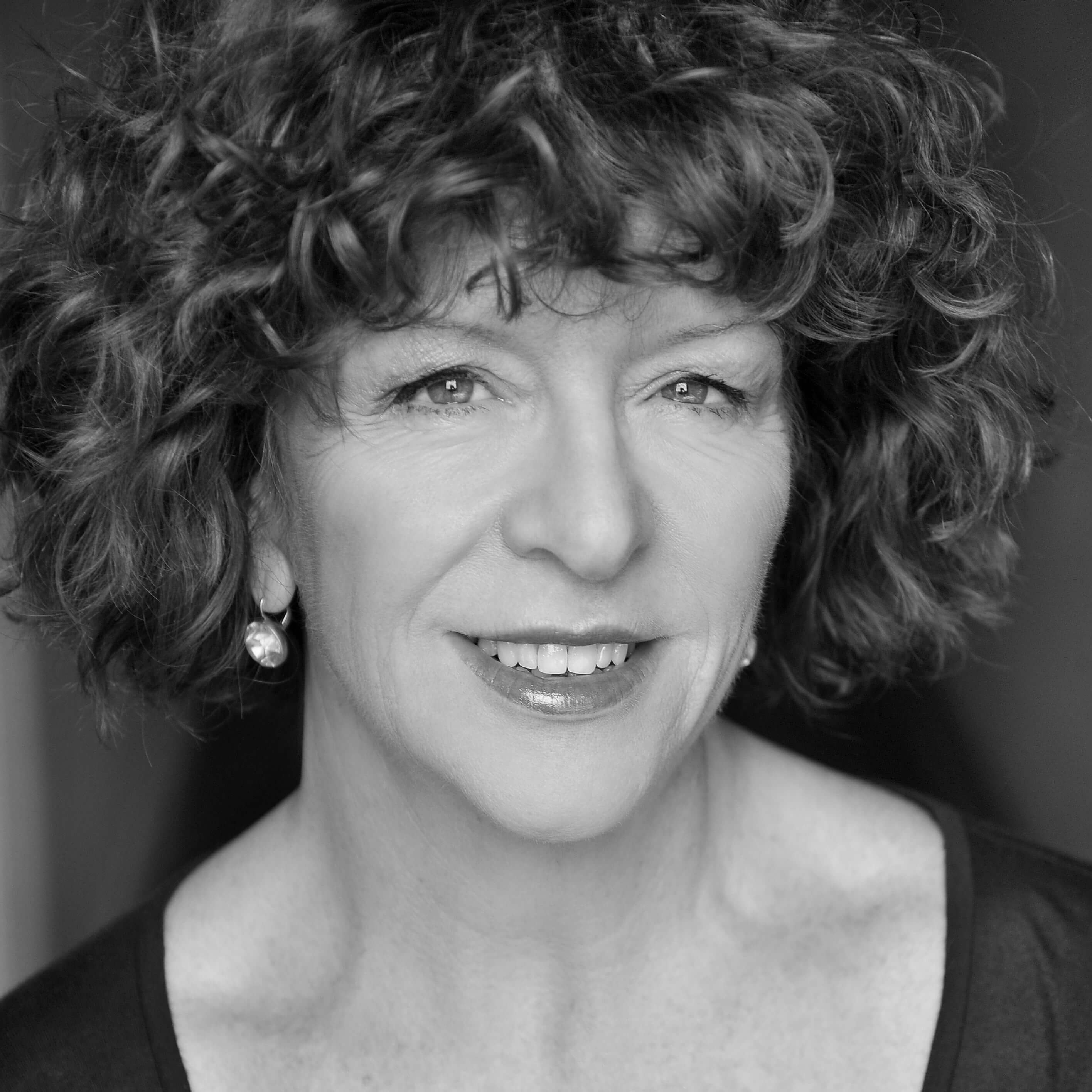
Katherine joined the AWG in 1984 and has served the Guild in various capacities including as Vice President. Among her many professional achievements is being a recipient of both the QLD and NSW Premier’s Literary Awards as well as 12 AWGIE Awards, including a Major AWGIE for Answered by Fire. Her play Harbour was commissioned to open the new Sydney Theatre, and Katherine’s most recent work on screen has been the telemovies House of Hancock and Schapelle, two projects she remembers as being written with lawyers sitting on her shoulders. Her latest theatrical release is Women He’s Undressed, a feature film documentary for Gillian Armstrong about the (almost) unknown Orry-Kelly, an Oscar-winning costume designer.
Our Staff
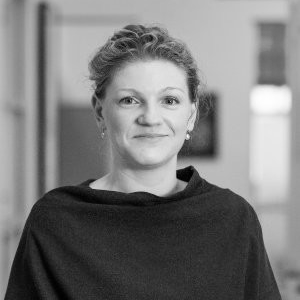
Claire Pullen
Executive Director
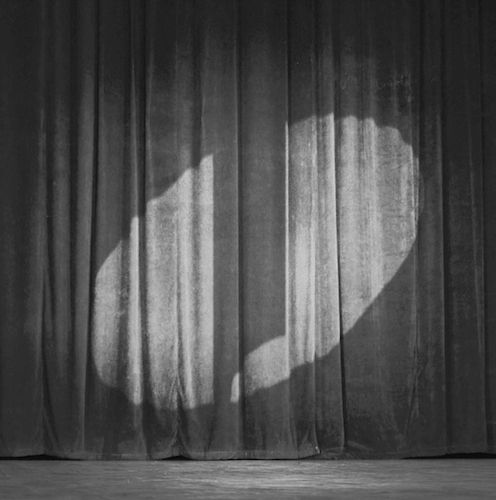
Karen Johnston
Manager, Finance
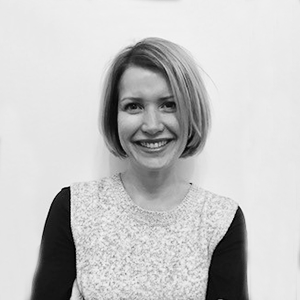
Caitlin Flett
Director, Member Services and Strategy

Pete Valentish
Membership Coordinator

Leo O'Donoghue
Membership Officer
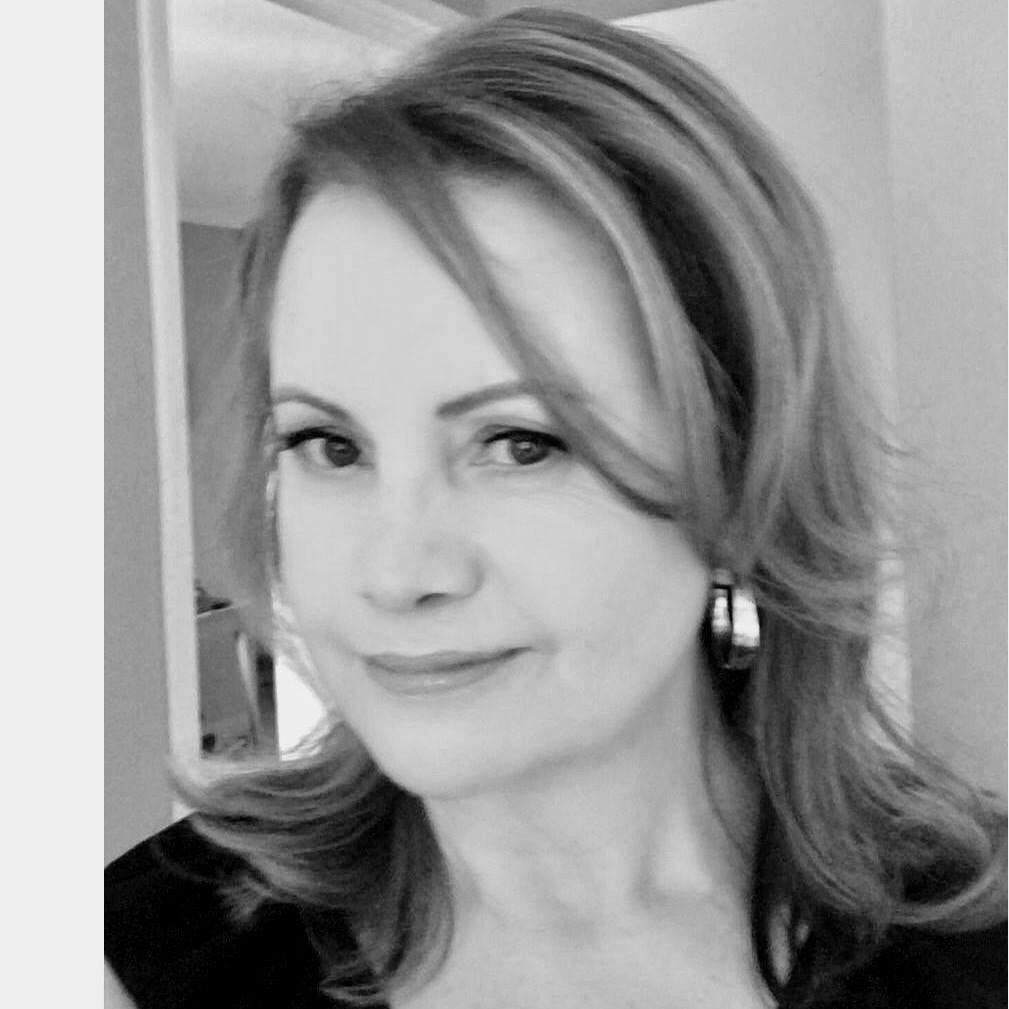
Susie Hamilton
Director, Professional Development

Lucy Nelson
Awards and Events Manager
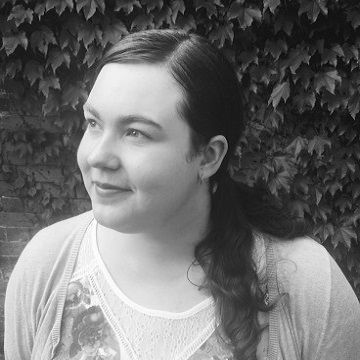
Shannen Usher
Communications Manager
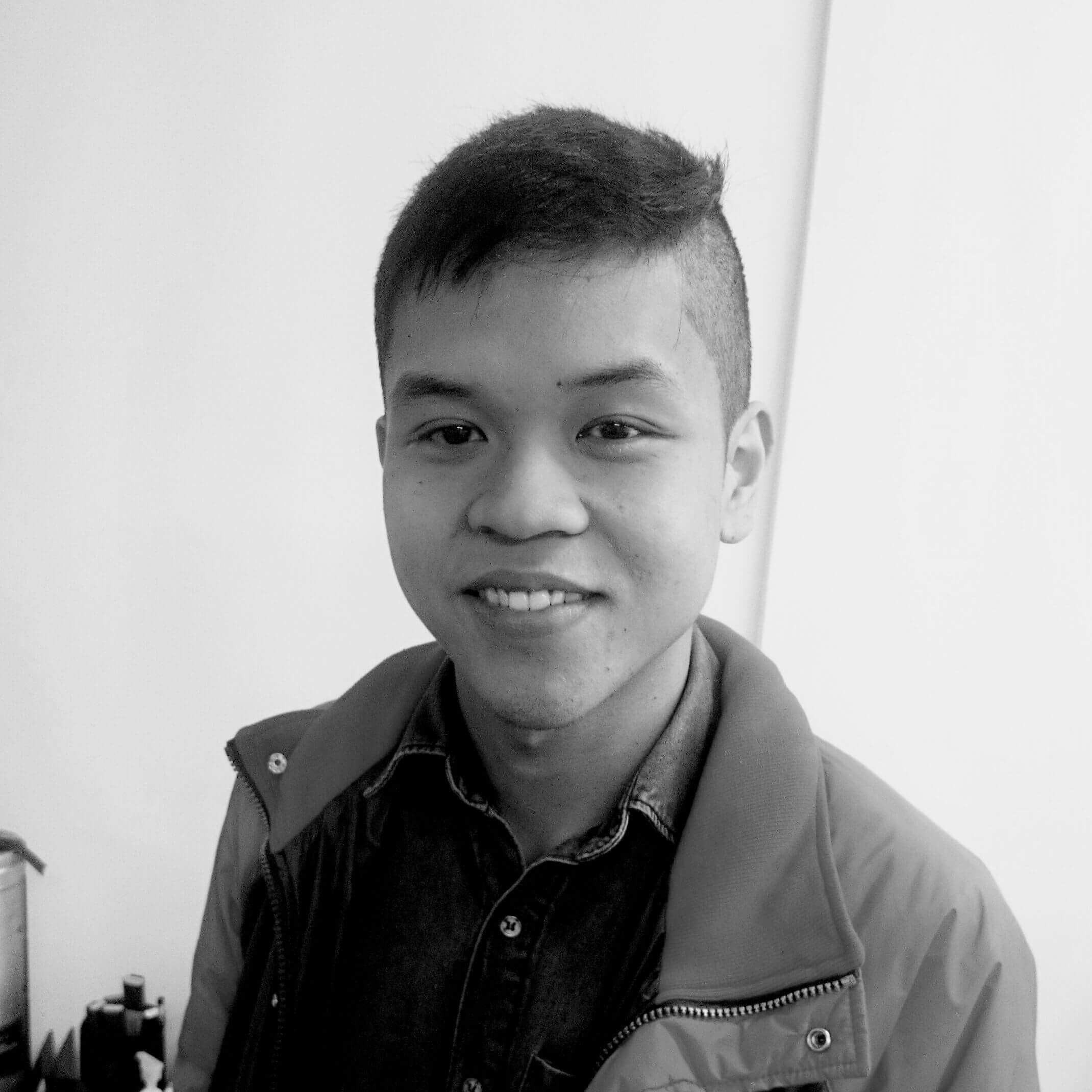
Bryant Apolonio
Industrial and Policy Manager
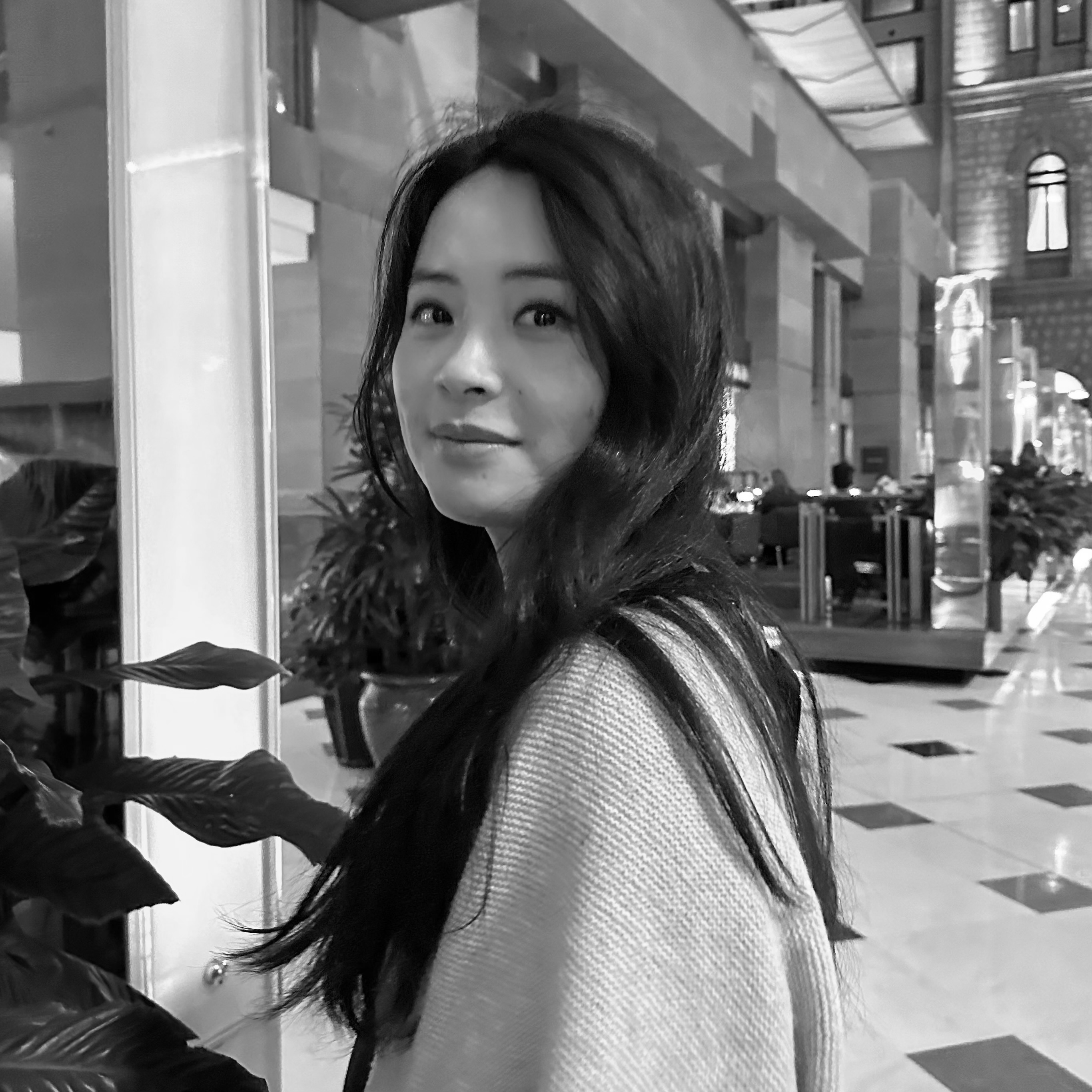
Jenny Yi
Industrial Officer

Tessa Barrington
Industrial Officer

Molly Ulm
AWGACS Manager
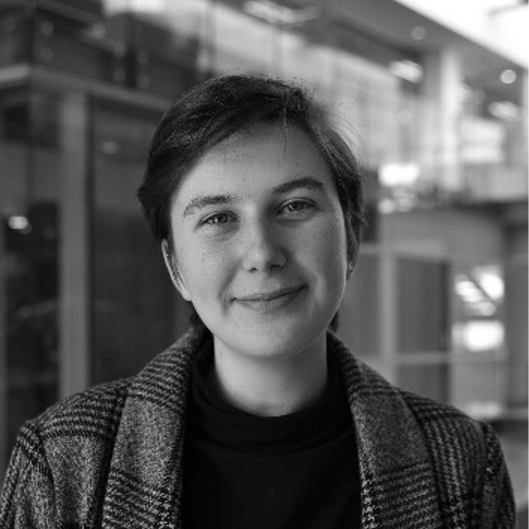
Sally Cattle
Research and Royalty Officer

Vanessa Sousa
Research and Royalty Officer
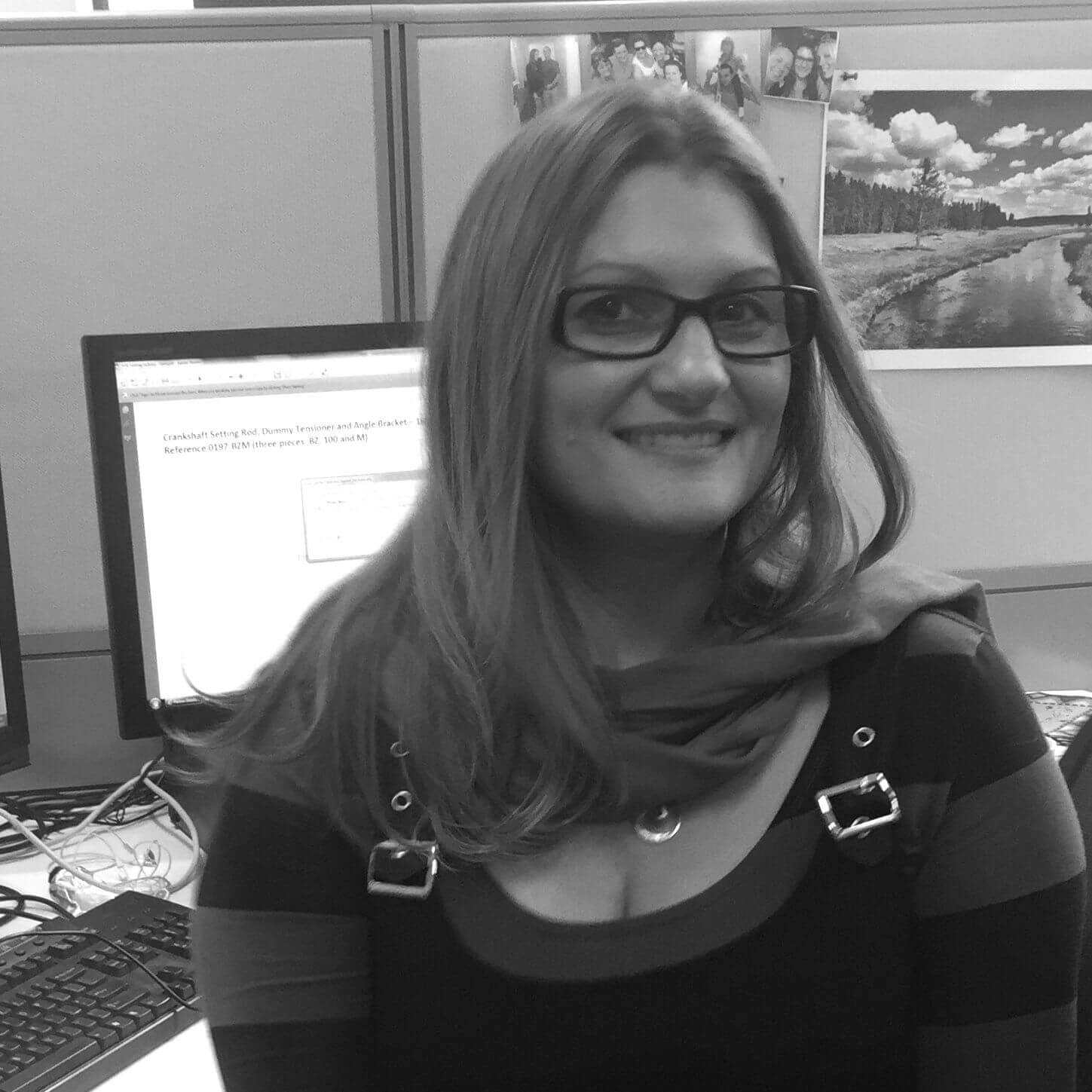
Louise Ridlen
IT Consultant
In Memoriam
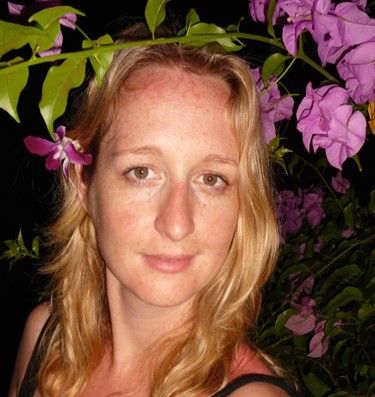
Louisa Steckenreuter
Projects & Events Manager
Our Committees
Our members work together to represent their fellow writers across the industry in a number of committees such as the Television, Theatre and Diversity committees to negotiate for fair pay and conditions. Members are also elected to State and Territory Committees that meet on a regular basis to network, support each other, develop their craft and have a lot of fun in the process! Our local committee regular events are listed on our Events page. If you need more information or would like to contact our committee Chairs please email us at [email protected].
NSW Committee
Chair: Jack Brislee
Write Night hosts monthly events which inspire, entertain and challenge writers. We organise panels, Q&As, masterclasses, speed-pitching evenings and competitions, not to mention ending the year with our legendary Christmas party! We’re committed to connecting writers to other writers – regardless of experience, genre and format.
Being a writer doesn’t have to be a solo occupation – please like our Write Night Facebook page to stay updated.
QLD Committee
Chair: Shayne Armstrong
The QLD Committee works closely with practitioners and the industry in Queensland to promote screen and stage writing and writers.
SA Committee
Chair: Pete Monaghan
The AWG South Australian committee represents the interests of local writers in film, television and theatre. The committee meets regularly with industry bodies such as the South Australian Film Corporation to promote writers’ opportunities and conditions. The committee offers development and networking opportunities at various events throughout the year.
VIC Committee
Chair: Shanti Gudgeon
The Victorian branch of the Australian Writers’ Guild is a dynamic community of emerging and established writers. Every month we host industry-based events, from panel discussions, guest speakers, staged readings to craft-focused sessions. These events create the opportunity for writers of all levels to get together, compare notes and make new friends. Our final meeting of the year is a big Christmas party full of fun, drinks, trivia contests and all things writerly.
We also host yearly workshops for members as well as convene events in association with Melbourne International Film Festival and the St Kilda Film Festival. Check out our upcoming events on our Facebook Group.
WA Committee
Chair: Aaron McCann
The WA Committee works closely with practitioners, industry and Screenwest to promote screen and stage writing and writers in WA.
Games & Interactive Advisory Committee (GIAC)
The Australian Writers’ Guild has a committee to support writers working in interactive media. The Games & Interactive Advisory Committee (GIAC) is dedicated to establishing the priorities of one of Australia’s fastest-growing creative industries. The committee draws its membership from across the sector. More information about GIAC can be found here.
Diversity & Inclusion Advisory Committee (DIAC)
The AWG Diversity and Inclusion Advisory Committee (DIAC) has been set up to consult with and advise the Guild on all aspects of AWG’s Diversity Program. The Committee is made up of members of the Australian Film, Television and Stage industry, who bring with them a wealth of talent, experience and expertise in screen and stage writing, and an understanding of how programs and initiatives may be created and improved to help promote diversity and inclusion in the industry. In consultation with the Committee, the AWG’s Diversity Program has been set up, and is committed to a series of partnerships, opportunities and events aimed at fostering inclusion and equal opportunity in the industry. More information about DIAC can be found here.


